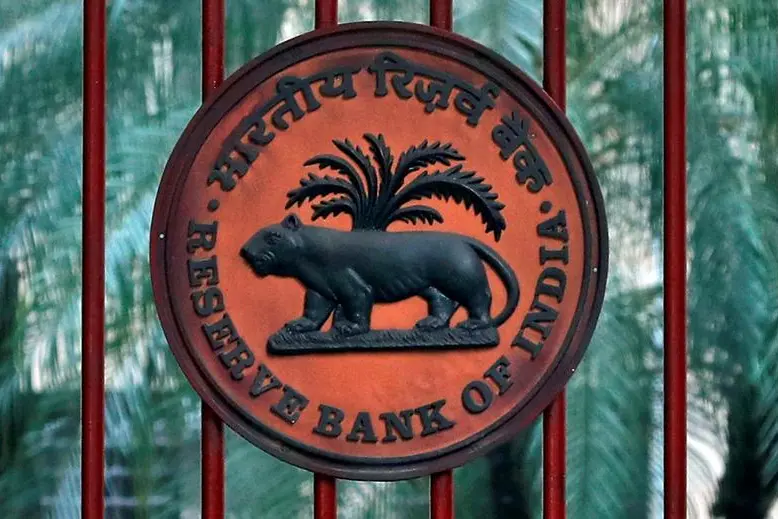PHOTO
MUMBAI - Reserve Bank of India (RBI) Deputy Governor Viral Acharya has resigned six months before the scheduled end of his term in office, the Business Standard newspaper reported on Monday.
Acharya told he newspaper he was leaving for "unavoidable personal reasons", but his departure is unsurprising as he had previously clashed with Prime Minister Narendra Modi's government over an erosion of the central bank's independence.
His resignation would also mean the RBI is likely to be more dovish over monetary policy and willing to cut interest rates as Acharya, who is in charge of departments that look at monetary policy and exchange rate markets, had been regarded as more of an inflation hawk, economists said.
The RBI said it would shortly publish a statement but did not provide any other immediate comment.
Pressed for further comment on the reason for his resignation, Acharya told the Business Standard: "A schoolteacher once told me: 'When your work speaks for itself, do not interrupt'."
His resignation has been talked about as a possibility ever since governor Urjit Patel's sudden departure in early December.
Acharya blew the lid off the tensions between Modi's government and the RBI in a scathing speech in October.
Staunchly defending the need for central bank independence, Acharya made public disputes with the government over issues ranging from lending curbs, more cash availability to the non-banking finance companies (NBFCs), to who controls the RBI's reserves.
"The risks of undermining the central bank's independence are potentially catastrophic," Acharya said in his October speech, adding that rash moves could trigger a "crisis of confidence in capital markets".
Acharya is returning to the New York University Stern School of Business in August instead of February next year, according to the newspaper report.
He was appointed as a deputy governor by the Indian government towards the end of 2016 for a term of three years.
"Dr. Acharya's departure is not a complete surprise, as frictions between him and the government on issues related to central bank independence had come to the fore," Nomura economists Sonal Varma and Aurodeep Nandi wrote in a note.
"At the margin, the composition of the monetary policy committee will likely become incrementally more dovish, in our view, as Dr. Acharya stood on the more hawkish side of the policy spectrum."
India's benchmark 10-year bond yield was down 4 basis points at 6.82 percent by 0510 GMT.
(Reporting by Swati Bhat Editing by Martin Howell & Simon Cameron-Moore) ((swati.bhat@thomsonreuters.com; twitter.com/swatibhat22; +91-22-61807353; Reuters Messaging: swati.bhat.thomsonreuters.com@reuters.net))





















